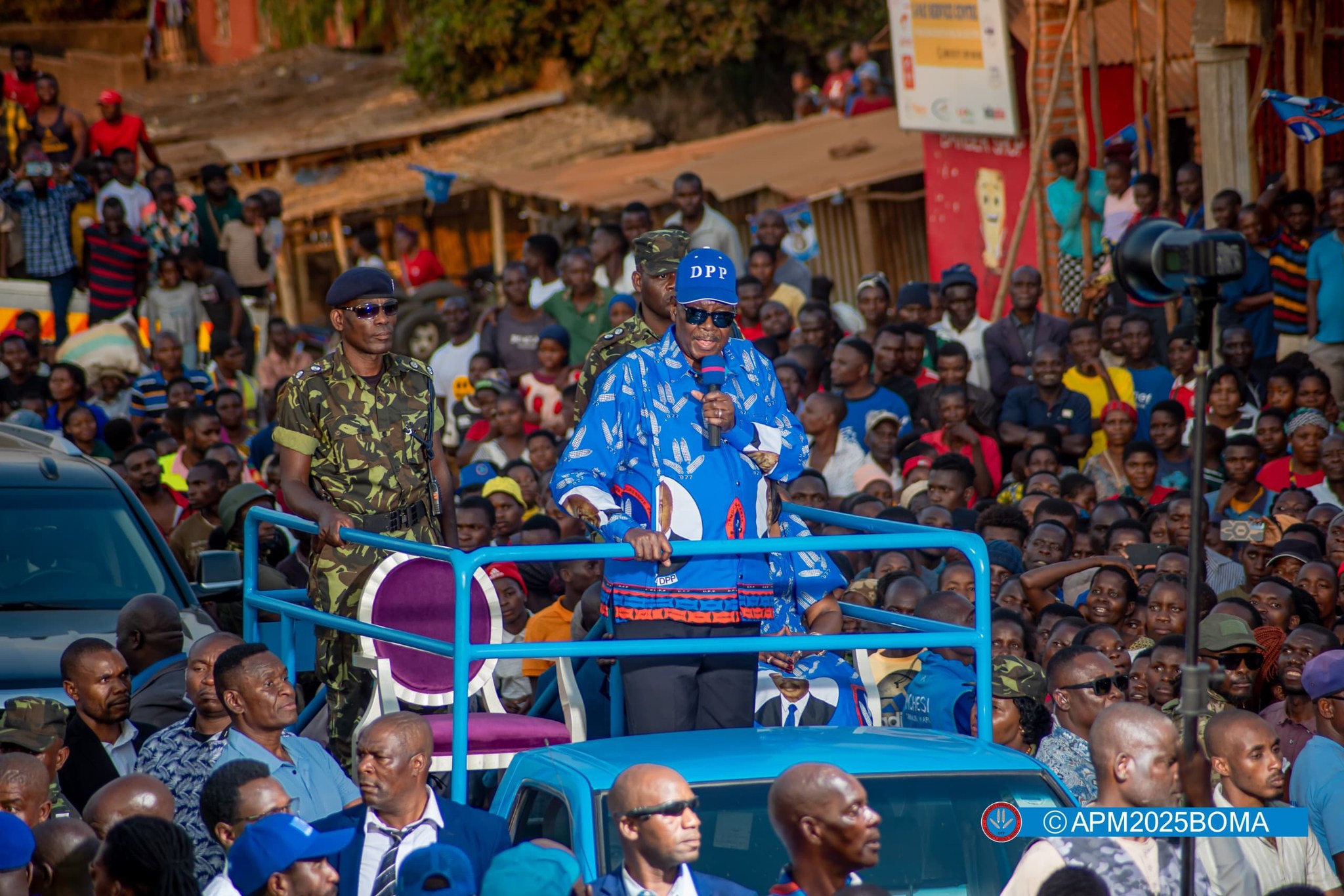ANALYSIS | The brains, the strategy, the victory – DPP’s road back to power
The Democratic Progressive Party’s (DPP) dramatic return to power cannot be explained by voter anger alone. While widespread dissatisfaction with the Malawi Congress Party’s (MCP) poor leadership and unfulfilled promises created fertile ground, the victory was also the result of a well-coordinated political machine. It was the outcome of voter disillusionment, elite strategy, and organizational discipline working in concert.

The DPP seized this political moment with a disciplined team that bridged regional divides, galvanized key demographics, and delivered a compelling message of renewal.
This was not a tale of a single savior, but of a carefully orchestrated coalition of leaders who repositioned the party as a credible, nationwide alternative.
Central Leadership and Party Cohesion
At the forefront was Professor Arthur Peter Mutharika, whose return to frontline politics embodied continuity, resilience, and institutional memory. For many Malawians, Mutharika’s candidacy signaled confidence in tested leadership amidst a period of national uncertainty.
Supporting him was Peter Mukhito, the Secretary General, whose organizational discipline and strategic foresight were crucial to the DPP’s success. Mukhito synchronized regional structures, aligned campaign operations, and maintained internal cohesion, preventing fragmentation and ensuring the party machinery ran smoothly.
While Mutharika provided vision, Mukhito translated strategy into action, coordinating logistics, mediating disputes, and keeping the organization unified. Together, they formed the core of elite cohesion, demonstrating that effective leadership combines vision with meticulous execution.
Regional Balancing and Electoral Geography
Malawi’s politics are deeply regionalized, making strategic geographic representation essential. The DPP deployed regional vice presidents to anchor its campaign across the North, South, Centre, and East:
• Jappie Mhango (North): Softened resistance in an area historically skeptical of DPP and broadened the party’s appeal to neutral voters.
• Joseph Mwanamvekha (South): Consolidated the party’s heartland, emphasizing economic recovery and agricultural reform.
• Bright Msaka (East): Strengthened grassroots networks and ensured consistent visibility in a contested region.
• Alfred Gangata (Centre): Challenged MCP dominance through local alliances and development-focused messaging.
This regional division of labor allowed the party to translate national messaging into local relevance while providing feedback to central leadership. It projected national unity, enhancing voter confidence in DPP’s ability to govern inclusively.
Strategic Alliances and Elite Bargaining
No comeback is complete without strategic alliances. The DPP’s ability to extend its reach beyond traditional bases was decisive:
• Enock Chihana, a northern political heavyweight, legitimized the party in previously resistant areas.
• Jane Ansah, the running mate, brought legal expertise, reformist credibility, and gender balance, appealing to professionals, women, and reform-minded voters.
These alliances transformed the DPP from a sectional party into one capable of articulating a broad national vision.
Functional Directors: The Machinery of the Campaign
While leadership and alliances set the strategy, it was the functional directors who executed it, turning plans into tangible outcomes:
• William Susuwele Banda (Director of Research): Informed strategies with data and insights, shaping speeches and targeting swing constituencies.
• Shadreck Namalomba (Publicity Secretary): Managed narratives, defended the party, and amplified successes in media and public discourse.
• Sameer Suleman (Organizing Secretary): Coordinated rallies and door-to-door campaigns, energizing grassroots supporters.
• Mary Thom Navicha (Director of Women): Mobilized female voters and reinforced gender inclusivity, leveraging her parliamentary role for credibility.
• Norman Chisale (Director of Youth): Channeled youth energy into activism through social media, concerts, and grassroots engagement.
• Dr. Ben Phiri (Director of Political Affairs): Ensured coherence between party promises, critiques of MCP, and the long-term vision, shaping the ideological narrative.
Together, they formed a technocratic command center, linking leadership with the grassroots. Their coordination transformed what could have been a fragmented campaign into a well-oiled machine capable of securing national victory.
Conclusion: A Victory of Structure, Not Chance
The DPP’s success was built on the combination of strong leadership, regional balance, strategic alliances, and operational precision. It was not merely the weaknesses of the opposition that determined the outcome, but the collective discipline, foresight, and coordination of the party’s leadership team. This victory demonstrates a fundamental truth of Malawian politics: enduring success comes not from individuals, but from the strength of organized, strategic collaboration.
Follow and Subscribe Nyasa TV :
